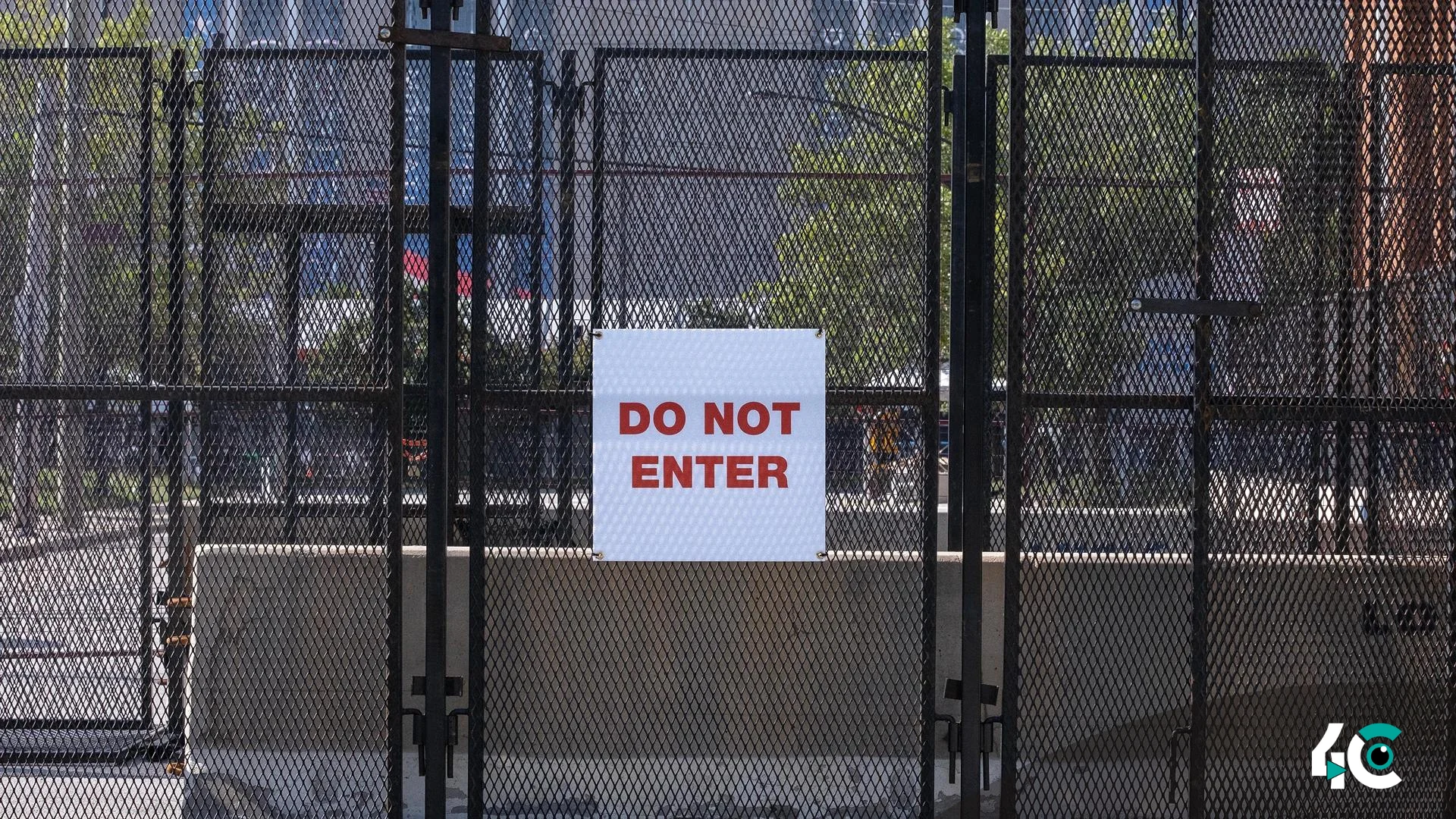Crypto companies are using geofencing to make sure they follow the rules because of more and more problems with regulations in the US. Geofencing, which blocks users from certain areas with virtual walls, is becoming more popular as a way for companies to deal with U.S. legal requirements.
In a post on X, Jake Chervinsky, Chief Legal Officer at Variant Fund, talked about this growing trend and said that many crypto owners now see geofencing as a backup plan. When companies use this method, they can block users in places like the US, where it’s hard to follow rules like Know Your Customer (KYC) and disclosure requirements.
Chervinsky says that geofencing is a “extreme” method and that companies often leave the U.S. market completely because of it. He said, “It’s a drastic response to regulatory uncertainty, but in some cases, there’s no other way to avoid potential legal issues.”
According to TRM Labs, crypto regulations got tighter around the world in 2023. Seventeen countries, which account for 70% of the world’s crypto exposure, made the rules tougher. Because of this, crypto companies are taking steps to avoid legal risks. One example is Sky, a decentralized finance (DeFi) protocol that banned VPN access to its Spark Protocol so that US users couldn’t use it. VPN users outside of the U.S. were also hurt by this move, which was a shame.
Binance, which is the biggest cryptocurrency market in the world, also uses geofencing. Users from the United States see a message that says “Binance.com is unavailable in your country or region” when they try to access the site. This shows that the company is trying to follow U.S. laws.
Similar geofencing methods have been used by other companies, such as Ethereum-based Eigenlayer and Solana-based Orca. Eigenlayer wouldn’t let people from 30 countries, including the US, use its services, and Orca wouldn’t let people from the US trade through its web interface.
Chervinsky’s book lists best practices for geofencing that can help businesses use it successfully. Some of these are using IP addresses and GPS data to find out where users are and banning them in more than one way, such as by tracking their IP and VPN connections. We also tell businesses to use equipment that is not based in the U.S. and to use as little American staff and tools as possible in their operations.
Even though geofencing has benefits, it is expensive and hard to set up. A company called GeoComply that offers compliance solutions said that customized geofences that use advanced data can help businesses grow into new areas while still following the rules. Chervinsky worries, though, that the move could be too much for businesses. He says, “Geofencing is a drastic and expensive step to meet U.S. legal requirements.” As regulators become more strict, geofencing has become an important thing for crypto companies to think about when they are trying to stay in compliance. Even though this approach might make it harder to get into some markets, it shows how hard it is for the bitcoin business to adapt to changing laws. Companies that want to stay within the law and protect their foreign businesses will need to make sure their geofencing works well.
































